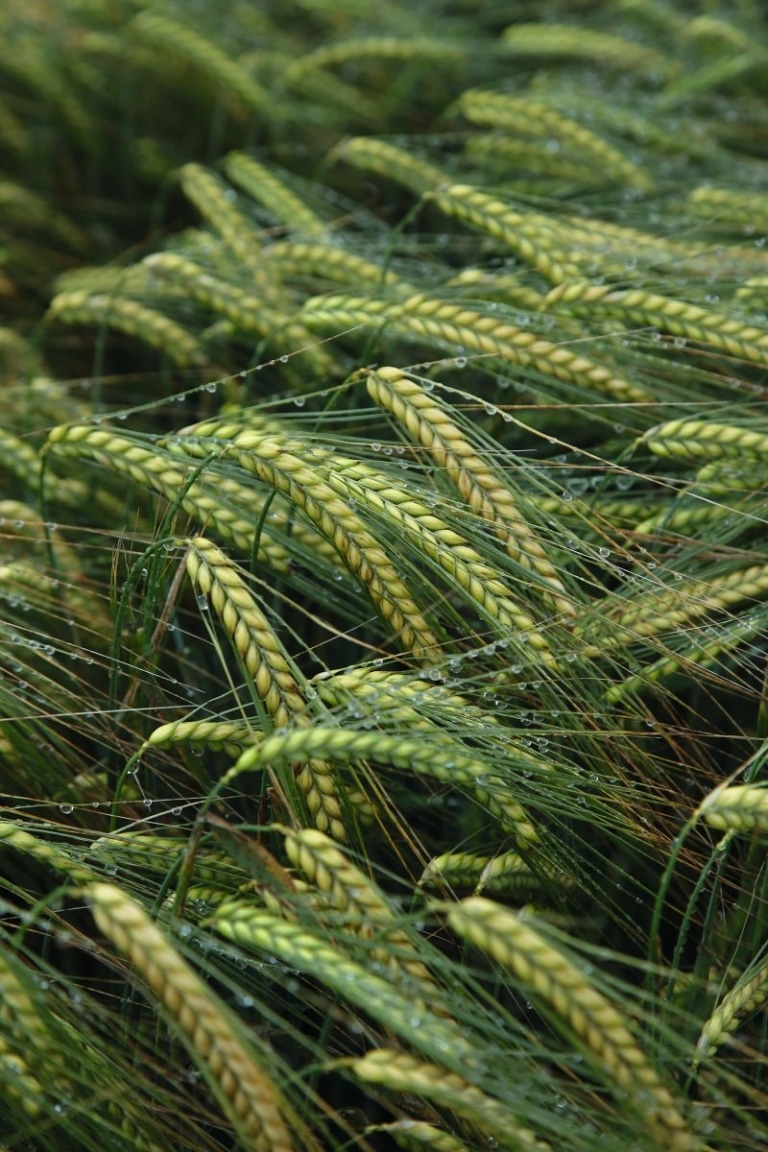Klimafit
SAATBAU LINZ labels those varieties as KLIMFIT which repeatedly deliver above-average yields under adverse environmental conditions and over several years.
KLIMAFIT stands for
- environmental stability
- stress tolerance and healthiness
- above-average yield capacity even in adverse conditions such as heat and drought

Our response to climate change
Recent years have been characterised by heat and droughts on the one hand and strong precipitations on the other. The challenges of climate change are omnipresent. Robust, environmentally stable and stress tolerant varieties are much in demand.
We have no influence on extreme weather conditions like those experienced in recent years – be it droughts or floods. We do however, have an influence on the way we cultivate our soils. In the first place, we have to save water by trying to reduce unproductive evaporation. Secondly, we can take measures to improve the soils’ capacity to store water and to increase the infiltration rate during heavy rainfalls. Both measures result in more water in the soils which is available for plant growth.
In addition to humus build-up and soil improvement in general, it is important to choose varieties that are suitable for the soil and for the changing climatic conditions. Plant breeding and thus the continuous development of suitable varieties is key.
Plant breeding and in particular the selection of new varieties takes account of the given regional climatic conditions which results in a natural adaptation process.
We as breeders govern this process by carrying out our selection trials in areas where climatic stress is high. Thereby, we succeed in developing better varieties which are better and better adapted. Our focus is on increased root growth, optimum early development and healthiness in order to achieve high yields under changing meteorological conditions such as heavy rains and droughts. On our breeding fields we work intensively on the development of varieties fit for adverse climates in order to meet the future needs of our farmers.
